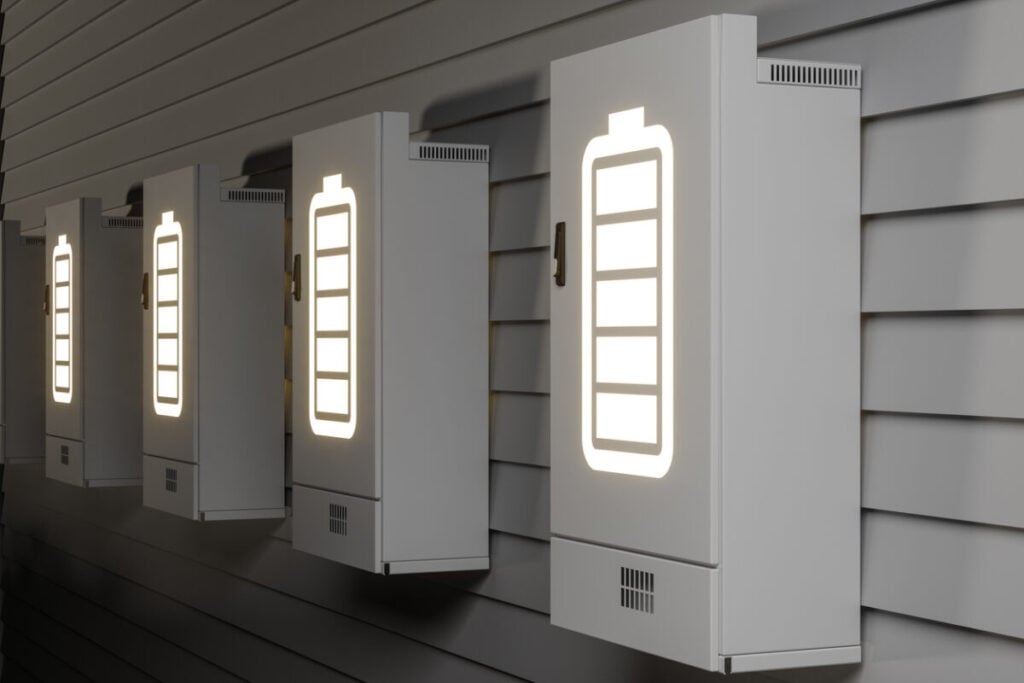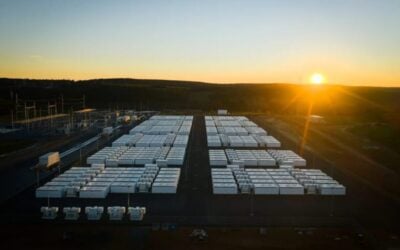
Governor of Maryland, US, Wes Moore, has announced a US$2 million initiative to make battery storage more accessible for residents and business owners in the state.
The Maryland Energy Administration will fund the purchase and installation of battery energy storage systems (BESS) to support statewide growth of the technology through the Residential and Commercial Energy Storage Programme (RCES).
RCES is replacing Maryland’s discontinued Energy Storage Income Tax Credit Programme, which ended at the close of 2024.
Funding will be granted on a first-come, first-served basis through a two-step application process.
Try Premium for just $1
- Full premium access for the first month at only $1
- Converts to an annual rate after 30 days unless cancelled
- Cancel anytime during the trial period
Premium Benefits
- Expert industry analysis and interviews
- Digital access to PV Tech Power journal
- Exclusive event discounts
Or get the full Premium subscription right away
Or continue reading this article for free
The application portal for the programme can be accessed here. While the announcement suggests that BESS does not yet need to be installed to receive funding, the portal notes that invoices for contractors and pictures of the installed and commissioned BESS are required.
Energy-Storage.news asked the Maryland Energy Administration for clarification on whether BESS needed to be installed before receiving funds, but has not received word at the time of publication.
Applications will be accepted until 5 June 2026, or until program funding is exhausted.
Maryland Energy Administration Director Paul G. Pinsky emphasised that the programme can enhance emergency preparedness and resiliency for residents of the state.
In May, Governor Moore signed two bills into law: the Next Generation Energy Act and the Renewable Energy Certainty Act. These laws aim to boost power generation and BESS, while making it easier to develop energy storage, wind, and solar projects. They also seek to help keep costs affordable for consumers.
These bills would also assist the state with meeting its goal of deploying at least 3GW of energy storage by 2033, which state legislators established in April 2023.
Moore’s decision was made weeks prior to Baltimore Gas and Electric’s customers facing a roughly US$16 monthly increase to their bills.
Moore said in announcing RCES, “While corporate greed continues to drive up energy costs for Marylanders, our administration is fighting to bring prices down.”
“When we invest in clean energy, we help expand supply. When we expand supply, we help rein in utility expenses for everyone. Together, we are making Maryland more affordable, more resilient, and more competitive, all at the same time.”





